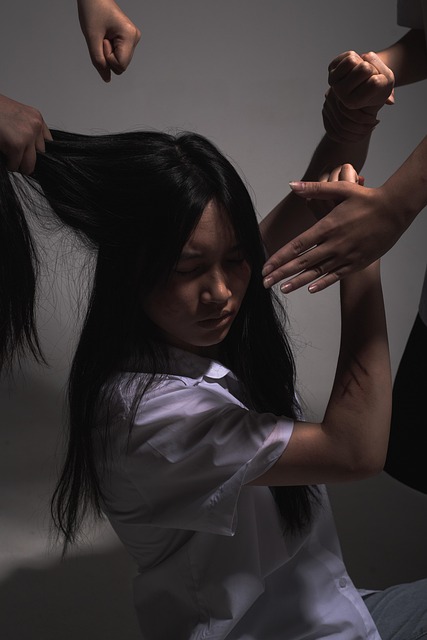Teen Challenge programs, while promoting personal growth, pose risks of abuse due to structured environments with strict rules. Loopholes such as lack of oversight and inadequate staff training can enable misconduct. Legal avenues exist for victims seeking justice, including personal injury claims and organizational liability. Recent court rulings globally set precedents for protecting vulnerable teens in religious care, encouraging enhanced oversight and prevention of future abuse.
“Uncovering the legal landscape surrounding Teen Challenge abuse cases is a critical step towards justice and prevention. This article delves into recent developments, exploring the unique structure of the Teen Challenge program and potential vulnerabilities that have led to widespread abuse. We analyze effective legal strategies for victims seeking redress and compensation, while also examining pivotal court rulings that could shape future cases. By understanding these updates, we can work towards holding accountable those who exploit youth within such programs.”
- Understanding Teen Challenge Program Structure and Potential Loopholes
- Legal Strategies for Victims: Seeking Justice and Compensation
- Recent Court Rulings: Implications for Similar Cases and Future Prevention
Understanding Teen Challenge Program Structure and Potential Loopholes

The Teen Challenge program, often touted as a unique approach to rehabilitating at-risk youth through religious and character-building activities, operates within a structured framework designed to foster personal growth and accountability. However, understanding its organizational structure is crucial when examining potential loopholes that may contribute to abuse. These programs typically involve residential settings where teens are immersed in a tightly controlled environment, with strict rules and daily schedules aimed at instilling discipline. While this structure can be beneficial for some, it also creates opportunities for power imbalances and potential misconduct by authority figures.
Loopholes within the program’s design may include lack of oversight, inadequate training for staff, and minimal accountability measures. Teen Challenge programs often rely on volunteers and part-time staff, which can lead to inconsistent monitoring and a reduced capacity to prevent or address abusive situations. Moreover, with varying levels of regulation across different locations, some programs might operate in regions with fewer legal protections for participants, making them more vulnerable to exploitation and mistreatment. Recognizing these potential vulnerabilities is essential in the ongoing discussion surrounding Teen Challenge abuse cases.
Legal Strategies for Victims: Seeking Justice and Compensation

Victims of Teen Challenge abuse have several legal strategies at their disposal to seek justice and compensation. One crucial step is to gather compelling evidence, including medical records, witness statements, and any available documentation that supports the abuse claim. This process often involves working closely with legal professionals who specialize in teen challenge abuse cases.
These experts can guide victims through the complexities of filing a lawsuit against the responsible parties, whether it’s the Teen Challenge organization itself or individual staff members. Legal strategies may include personal injury claims, seeking damages for physical and emotional injuries, and even organizational liability if negligence or intentional harm is proven. Additionally, victims’ advocates push for policy changes and increased oversight to prevent future Teen Challenge abuse cases.
Recent Court Rulings: Implications for Similar Cases and Future Prevention

Recent court rulings in Teen Challenge abuse cases have significant implications, setting a precedent for similar legal battles worldwide. These decisions emphasize the importance of holding religious organizations accountable for alleged mistreatment within their programs. The judgments highlight that while religious freedom is paramount, it does not extend to harming or endangering individuals under their care.
As a result, these rulings can strengthen protection measures for vulnerable teens in similar programs, encouraging earlier intervention and better oversight. By recognizing the potential for abuse within such organizations, legal systems can help prevent future instances of Teen Challenge abuse and promote more ethical practices in faith-based youth rehabilitation centers.
The recent legal updates on Teen Challenge abuse cases highlight the importance of understanding program structures, leveraging legal strategies, and learning from court rulings to prevent and address such incidents. By examining these aspects, victims can seek justice and compensation while policymakers and organizations work towards ensuring safer environments for at-risk youth. Staying informed about these developments is crucial in the ongoing fight against Teen Challenge abuse.
